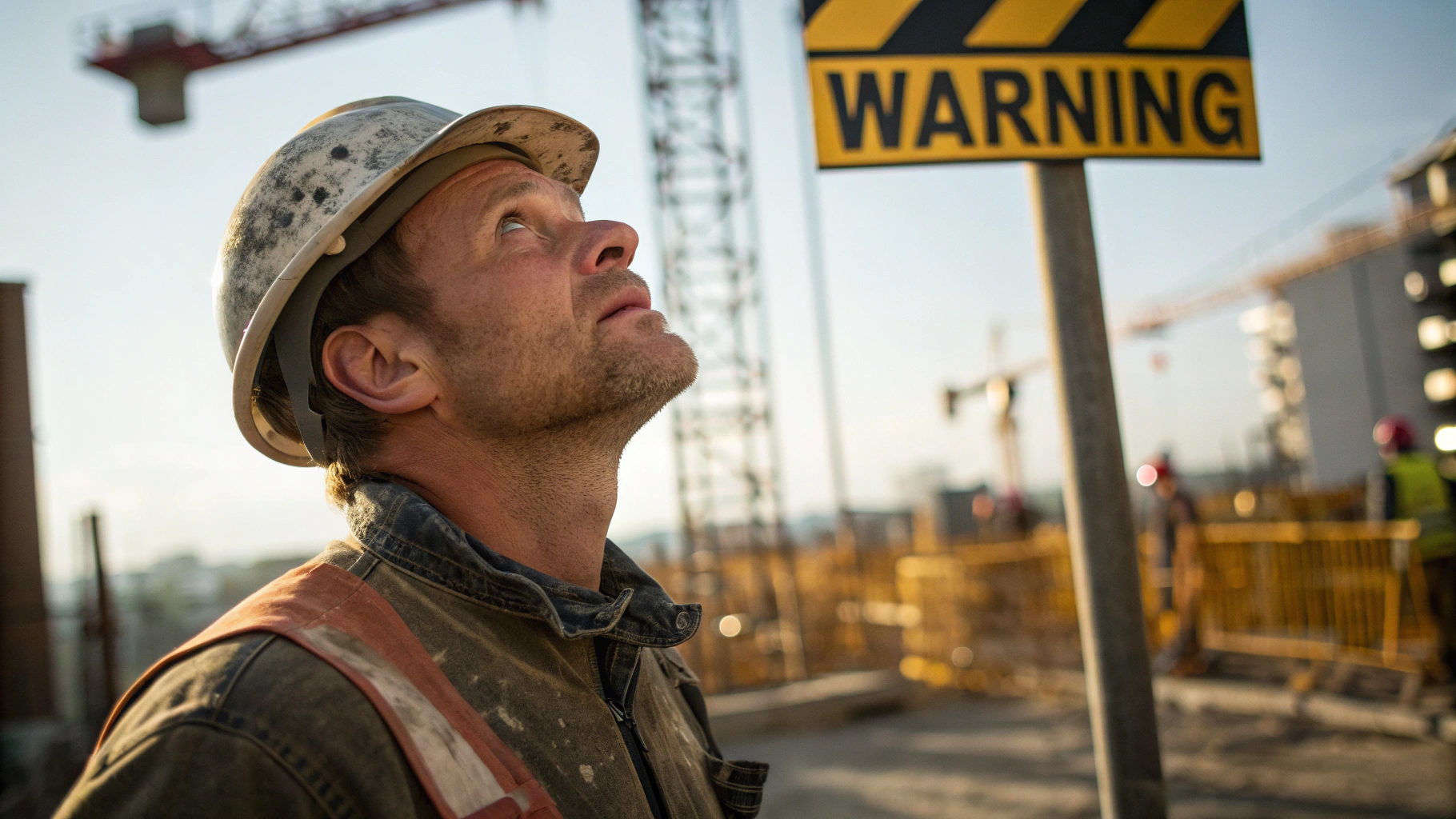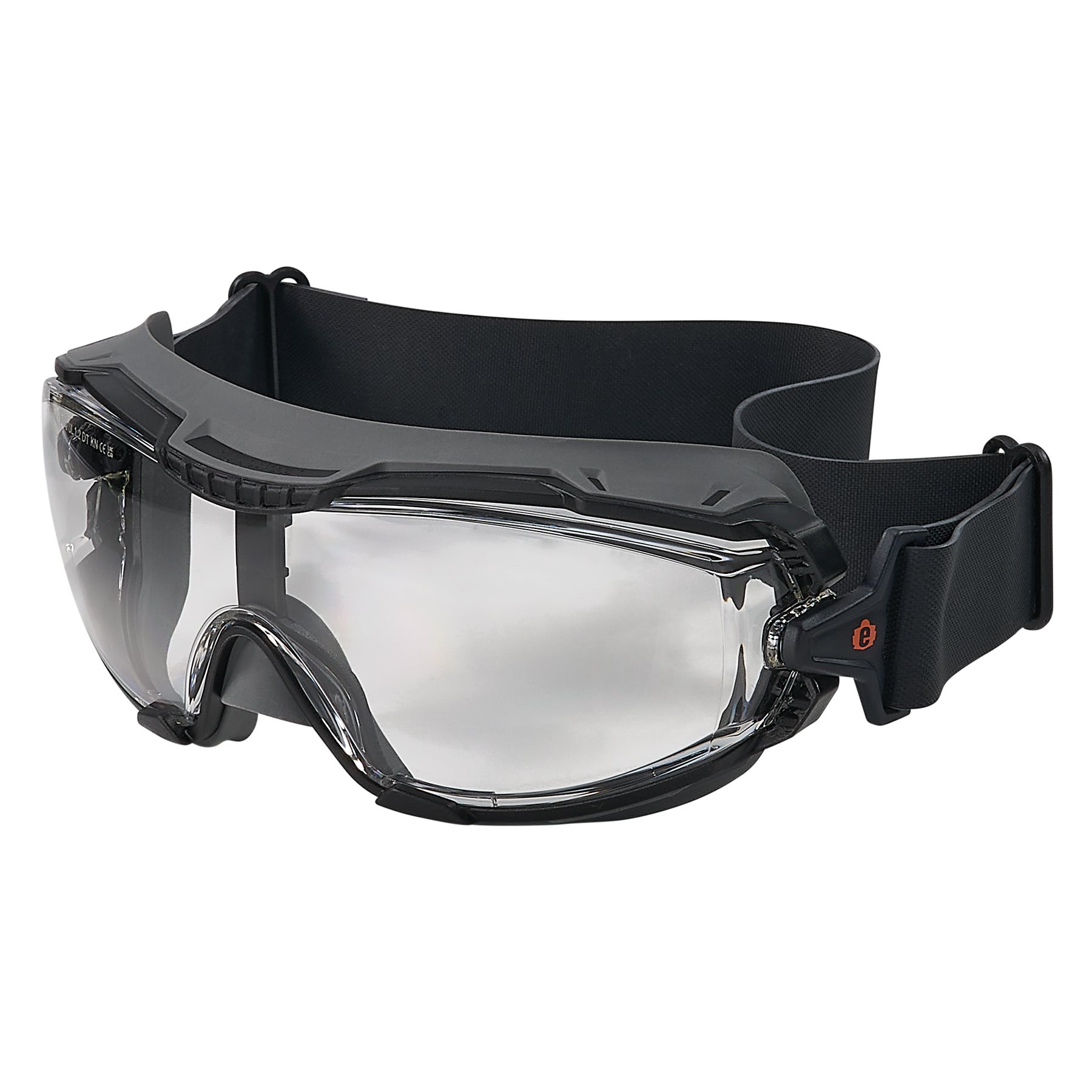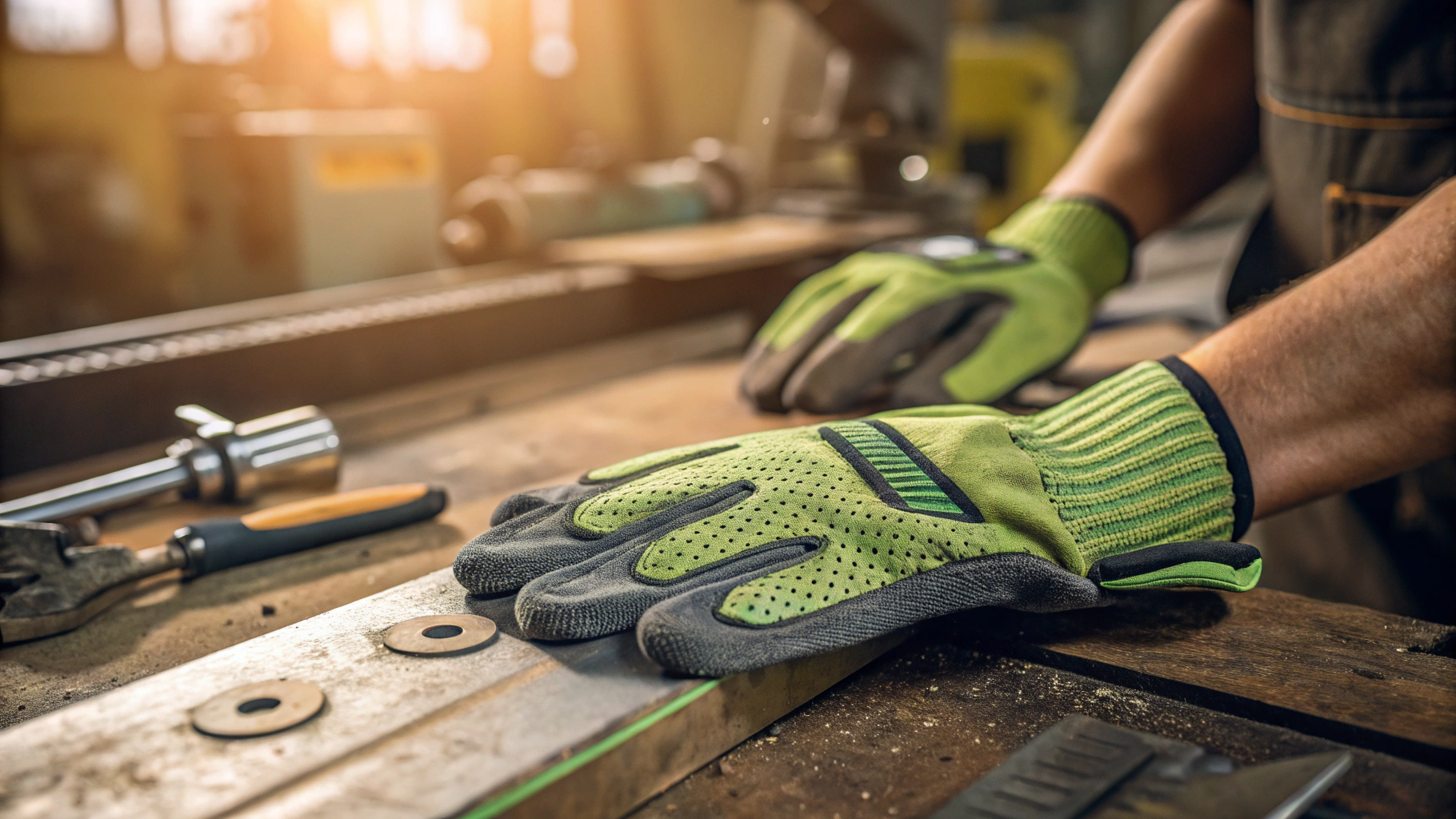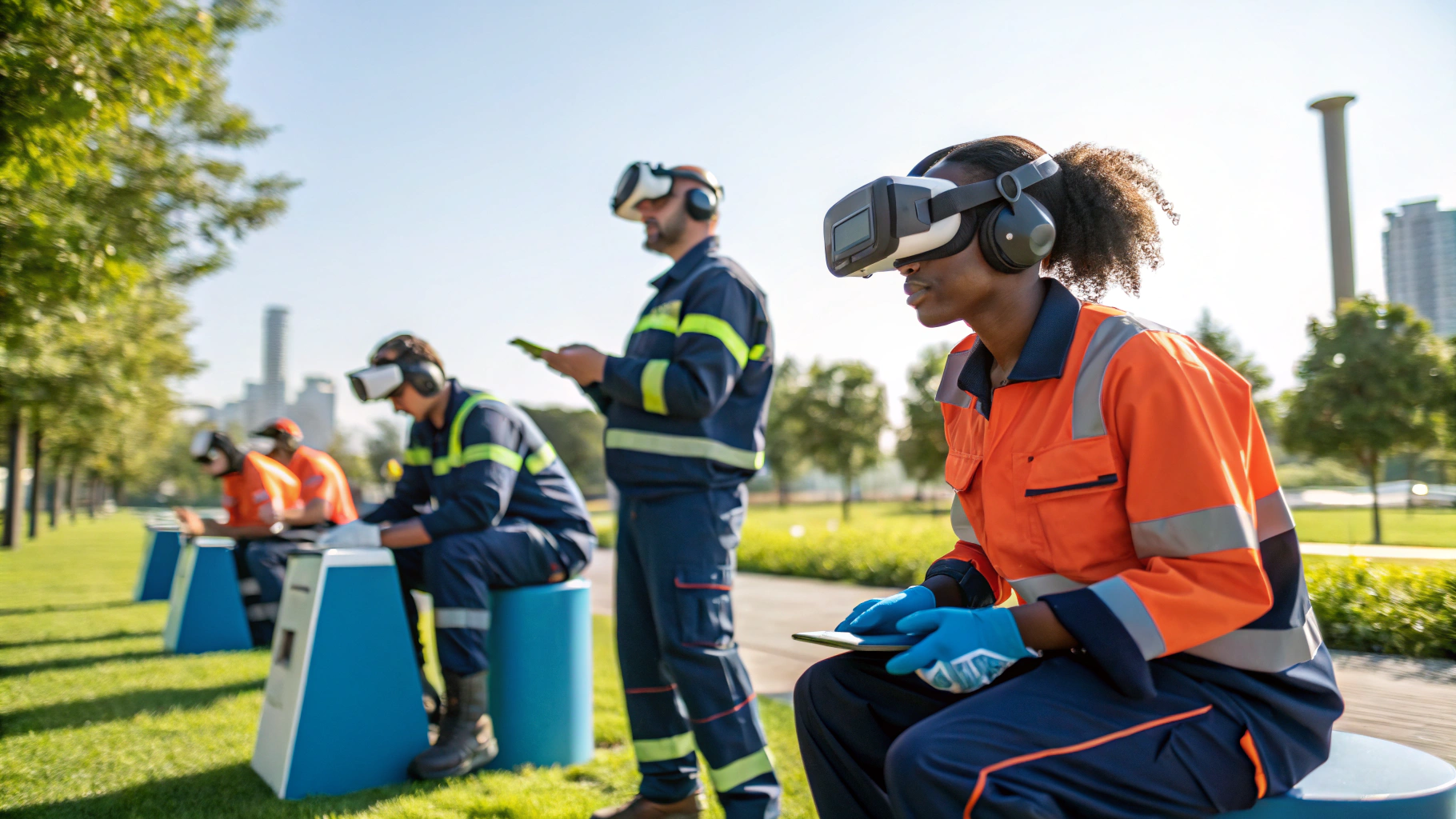Jake still shows people his hands when he talks about that day in 2024. The 28-year-old electrician from Ohio was working on what seemed like a routine job when an arc flash lit up the panel. And his flame-resistant gloves are the reason he still has all his fingers. Stories like his underscore a harsh reality, OSHA data shows proper PPE use prevents 37.6% of workplace injuries 1. But too many workers are still getting hurt because their gear doesn't fit right, or they're missing hazards they didn't see coming. That's exactly why this guide exists. We're combining real-world experience from people like Jake with the latest 2025 safety standards to help you stay protected where it matters most.

PPE Construction Guide: Core Protective Layers
Head Protection: Your Mobile Safety Shell
A Milwaukee roofer’s cracked hard hat once led to a concussion from a falling beam. This is a preventable accident and shows why ANSI-certified helmets are non-negotiable. Class A helmets (2,200V protection) suit carpenters facing falling nails, while electricians need Class B variants blocking up to 20,000 volts 2. Recent OSHA updates now require adjustable suspension systems to accommodate hairstyles from dreadlocks to hard hats 3.

Vision Defense: Clear Sightlines Save Lives
Safety glasses failed a Denver plumber last year when solvent splash seeped through side gaps. Now, his crew uses indirectly vented goggles with anti-fog coatings. This is crucial especially for chemical tasks. Welding crews also add auto-darkening face shields that toggle between shade levels as sparks fly 4.

Hearing Gear: Silence the Slow Threat
Constant loud noise from jackhammers or saws isn’t just annoying, it’s also destructive. Disposable earplugs (NRR 33) paired with earmuffs create a 42-decibel noise drop, preserving hearing for trades like roadwork crews 5. Pro tip: Roll don’t squash foam plugs for a secure seal.
Lung Defense: Filtering Invisible Killers
When a Texas drywaller developed silicosis in 2023, investigators found his N95 mask had gaps. Today, his team uses fit-tested respirators with dual HEPA filters. For confined spaces like sewers, powered air-purifying units (PAPRs) with hoods prevent toxic fume inhalation 6.

Trade-Tailored Armor: Matching Gear to Risks
Carpentry: Battling Blades and Buyout
Chicago carpenter Lena swears by her steel-toe boots after a 16-pound beam crushed her foot. Her kit includes vibration-dampening gloves (reducing hand-arm fatigue by 60%) and kneepads with torsion springs for floor work 7.

Plumbing: Wet Work Warriors
A Florida plumber’s chemical-resistant apron recently blocked sulfuric acid burns during pipe corrosion work. Teams in tight spaces usually opt for compact fiberglass ladders and boots with diamond-tread soles to combat slick surfaces 8.
Electrical Work: Voltage Vigilance
After a near-electrocution, Indianapolis electrician Marco won’t touch panels without ASTM D120-22 rated gloves and voltage-rated tools. His arc-flash suit (rated for 40 cal/cm²) adds critical seconds to escape explosions 26.
2025’s PPE Laws: Compliance or Consequences
OSHA’s updated rule (effective January 2025) mandates employers provide three size options for critical gear and document annual fit tests. A petite worker’s oversized harness recently caused a tumble off a wind turbine. Now, her firm faces $16,550 daily fines until compliant 3. Here are the key steps:
- Conduct site-specific hazard assessments (e.g., silica levels in masonry)
- Train using OSHA’s multilingual VR simulations
- Audit gear monthly for defects like frayed harness webbing

PPE’s Proven Power: Stats That Matter
Workers using PPE suffer 1.5x fewer injuries, but training magnifies results. After a Vegas contractor implemented weekly safety drills, their injury rate dropped 30% in six months 12. Yet 63% of non-fatal construction injuries still involve inadequate eye/hand protection 1.
Smart Gear Evolution: Sensors Meet Sweat
Tech is rewriting safety playbooks:
- Helmet A.I.: Pittsburgh crews use lids with CO₂ sensors that beep when oxygen drops
- Boot GPS: After a Wyoming miner collapsed underground, his location-tracking boots halved rescue time 14
- Eco-PPE: Biodegradable gloves now decompose in 18 months, not 50 years 15

Training: The Human Layer
“Safety gear collects dust without practice,” says Missouri trainer Rosa Rodríguez. Her bilingual workshops feature:
- Live demos of harnesses failing at 250-pound loads
- Respirator fit tests using bitter-tasting aerosol to detect leaks
- VR simulations of fall scenarios to reinforce muscle memory

The Stakes of Neglect
Skip PPE, and the costs cascade. A 2024 roofing fatality involving an untethered worker led to $2.3M in fines and wrongful death suits. Long-term, repetitive motion injuries from poor gloves cost one auto plant $4.8M annually in workers’ comp 1617.
Building a Culture of Vigilance
Apart from having the right gear, real worksite safety is also about mindset. When New Orleans crews started “PPE spot checks” with gift card rewards, their safety numbers shot up to 98%. It's a simple concept that works because it taps into something deeper. Sure, OSHA keeps updating the rules and manufacturers keep improving the tech, but at the end of the day, it comes down to this:if you value going home in one piece, you don't step onto a job site without proper protection. The workers who get this never take shortcuts when their safety is on the line.

